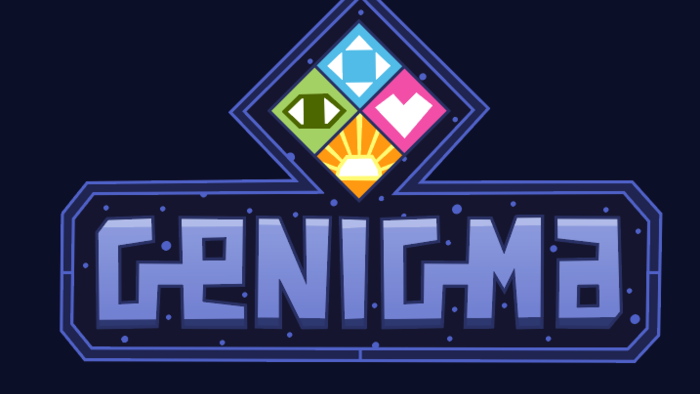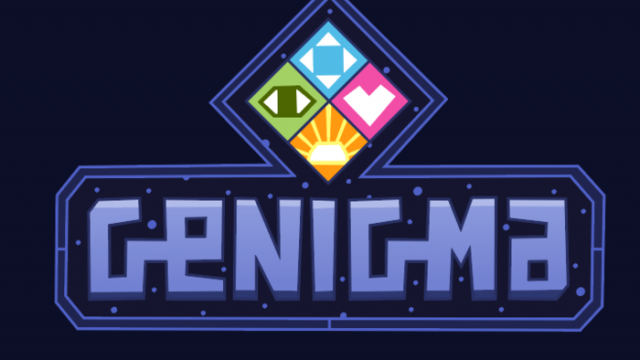
A new cellphone game that generates scientific data to detect altered genomic sequences may aid cancer research.
The game, available on Android and iOS devices in English, Catalan, Italian and Spanish, was developed as a collaboration between gaming professionals and researchers at the Centre for Genomic Regulation (CRG) and Spain’s National Center for Genomic Analysis (CNAG-CRG).
“Cell lines are responsible for the discovery of vaccines, chemotherapies for cancer or IVF for infertility. This makes them a pillar of modern biology,” said researcher Marc Marti-Renom of the Catalan Institution for Research and Advanced Studies in Barcelona. “However, the lack of genome reference maps limits current scientific progress.”

Dubbed GENIGMA, the game is intended to aid research that uses cancer cell lines to study cancer and potential cures. Using these cell lines is limited by the scarcity of high-resolution genome reference maps to interpret the results of the research. New maps can pinpoint potential mutations and genes of therapeutic interest.
Science “can often feel inaccessible for most people,” according to design coordinator Oriol Ripoll, but by playing GENIGMA, they can learn about science while contributing to cancer research.
“Anyone with a smartphone from anywhere in the world can download GENIGMA for free and make a direct contribution to research, lending their logic and dexterity to the service of science,” said Elisabetta Broglio of Spain’s National Center for Genomic Analysis.
She said GENIGMA will analyze the “solutions provided by the players as a collective and not as individuals and will take advantage of creative solutions impossible to find with deterministic algorithms.”

Launched on Jan. 27, the #GenigmaChallenge will introduce players to new genome fragments from the T-47D breast cancer cell line every Monday for the next three months. The first genome for players to arrange is from chromosome 17, containing breast cancer genes, including BRCA1, which is associated with 40 percent of inherited breast cancer cases.
The researchers believe that if 30,000 players solve 50 games each, this “herd intelligence” would produce enough data to reveal the reference map of the 20,000 genes in this breast-cancer cell line.
Marti-Renom and his team sought to visualize the genome in three dimensions but realized this would need tremendous resources in terms of artificial intelligence (AI) and computational power. Instead, GENIGMA allows players to generate data to update reference maps in conjunction with AI.
After logging onto GENIGMA, players solve puzzles involving blocks of different shapes and colors to achieve the highest score. Each string of blocks represents a genetic sequence in a cancer cell line. When players organize the blocks, the developers hope, they may find a solution to the location of genes and their correct sequence on a reference map.
Edited by Siân Speakman and Kristen Butler
Recommended from our partners
The post Video Game For Cancer Research Bets Human ‘Herd Intelligence’ Is Better Than AI appeared first on Zenger News.




